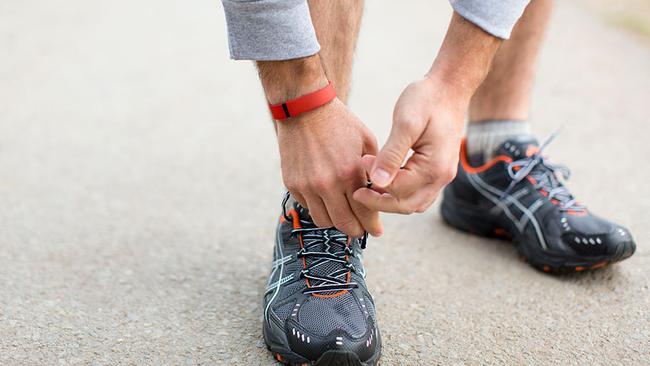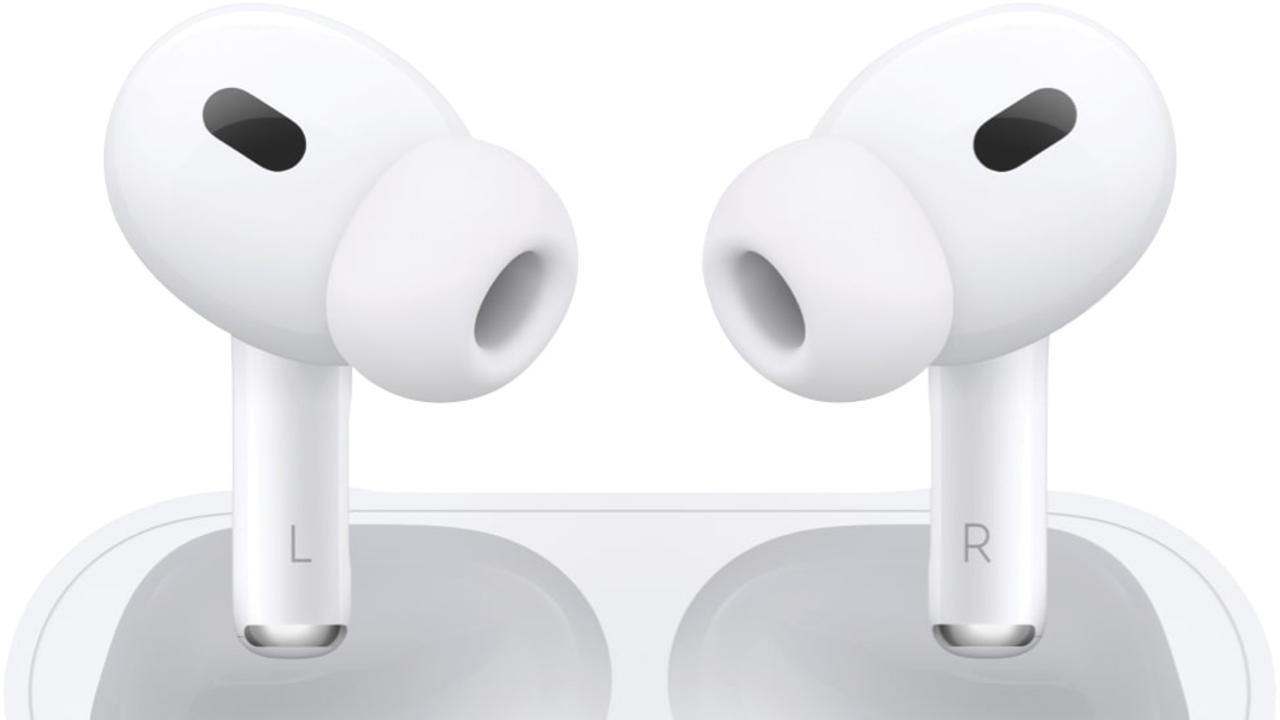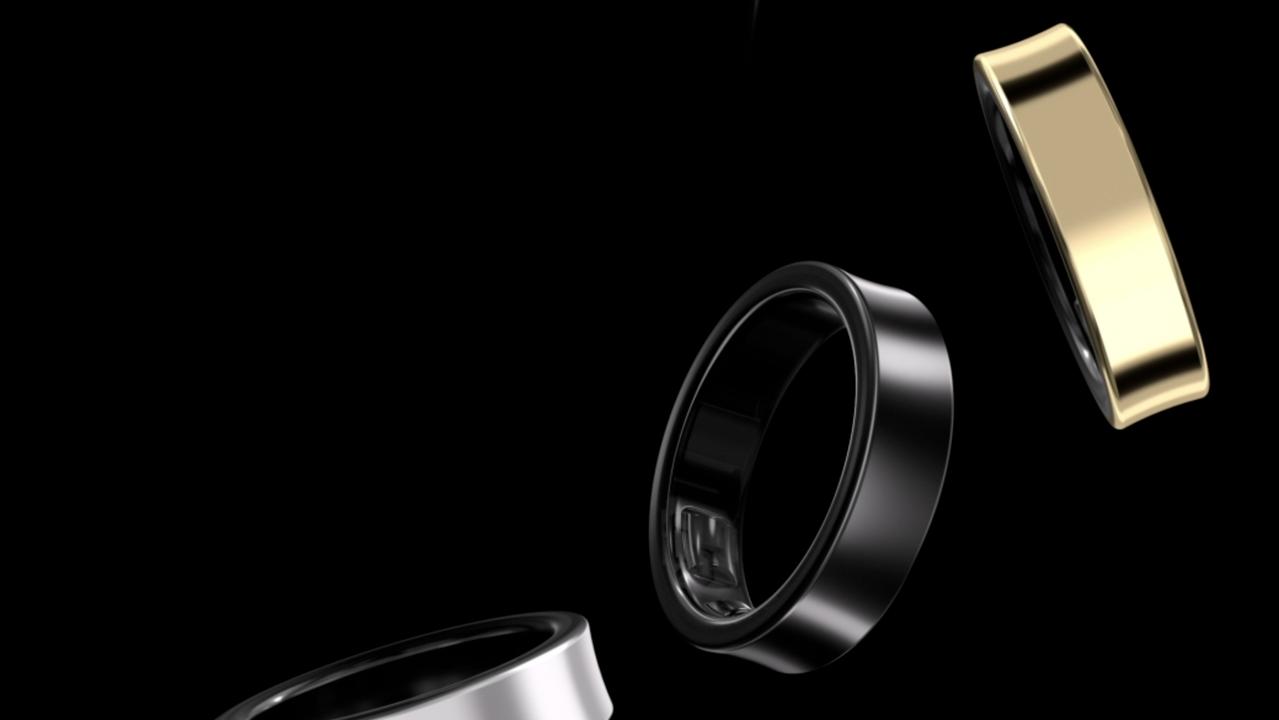Wearable fitness gear might make you feel great, but it’s not making most people fitter
DOES wearable fitness gear actually work? A new study suggests that most people who wear them are doing the exact opposite of what they need to get fit.

FITBITS, wearables, call them what you will. Just don’t expect your wearable fitness technology to, you know, actually make you fitter.
The theory is that you strap a Fitbit or Jawbone Up or equivalent device to your wrist. The ability to monitor your sleep, exercise regimen etc encourages you to then pursue a healthier lifestyle.
But a new piece of research kind of debunks that connection. Writing in the Journal of the American Medical Association, a researcher at the University of Pennsylvania, Mitesh Patel, found that strapping a rubbery piece of tech to your wrist and recording all that data doesn’t necessarily drive behavioural change. Sure, it makes you feel all techie and fitness-obsessed. But it doesn’t actually make you fitter.

“The gap between recording information and changing behaviour is substantial, however, and while these devices are increasing in popularity, little evidence suggests that they are bridging that gap,” the author writes.
“Most health-related behaviours such as eating well and exercising regularly could lead to meaningful improvements in population health only if they are sustained,” he continues.
“If wearable devices are to be part of the solution, they either need to create enduring new habits, turning external motivations into internal ones (which is difficult), or they need to sustain their external motivation (which is also difficult).
“This requirement of sustained behaviour change is a major challenge, but many mobile health applications have not yet leveraged principles from theories of health behaviour.”
In other words, the purveyors of assorted fitness tech devices have found a way to lead horses to water, but not to make them drink.

The conclusion to the piece pretty much rams home this point.
“Although wearable devices have the potential to facilitate health behaviour change, this change might not be driven by these devices alone. Instead, the successful use and potential health benefits related to these devices depend more on the design of the engagement strategies than on the features of their technology.
“Ultimately, it is the engagement strategies — the combinations of individual encouragement, social competition and collaboration, and effective feedback loops — that connect with human behaviour.”
We’re interested in what you think on this issue. Is wearable fitness technology the equivalent of the clunky exercise equipment we used to buy which then lies rusting and unloved in the shed?
Or does it work for you? Let us know in the comments below.



